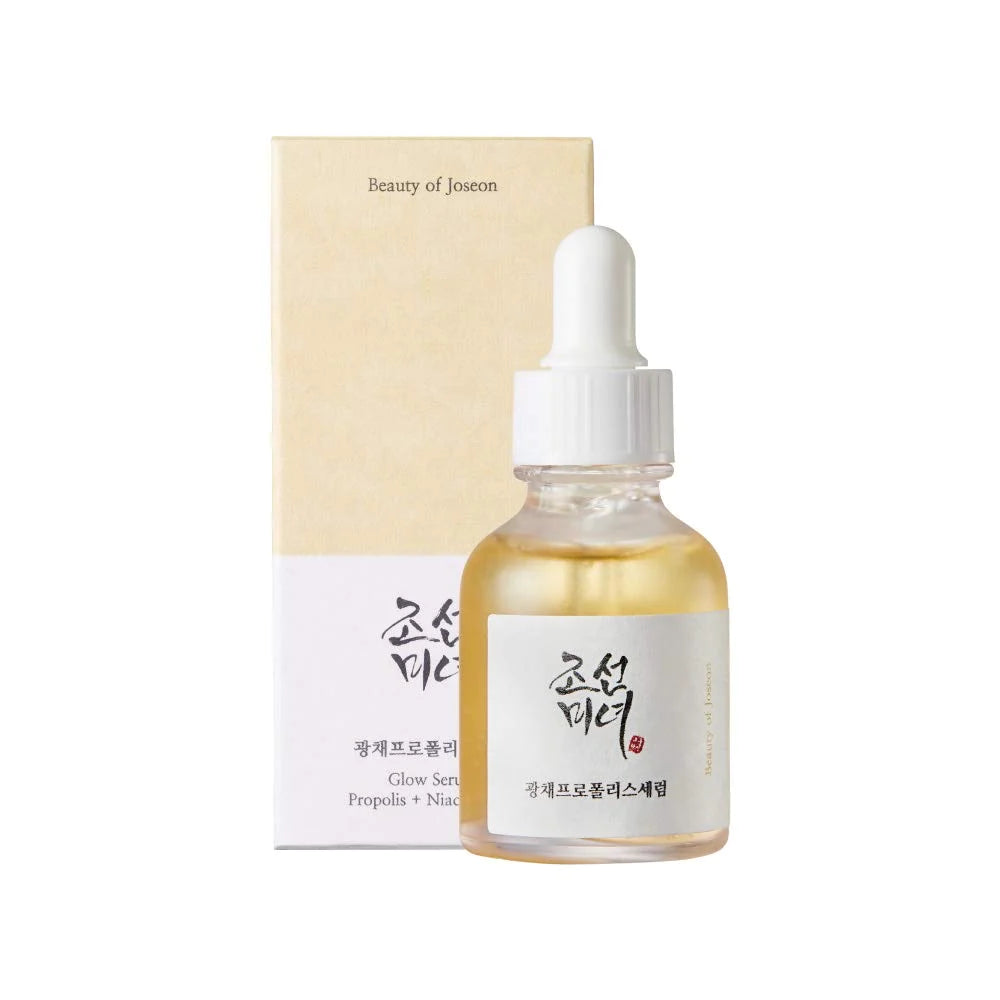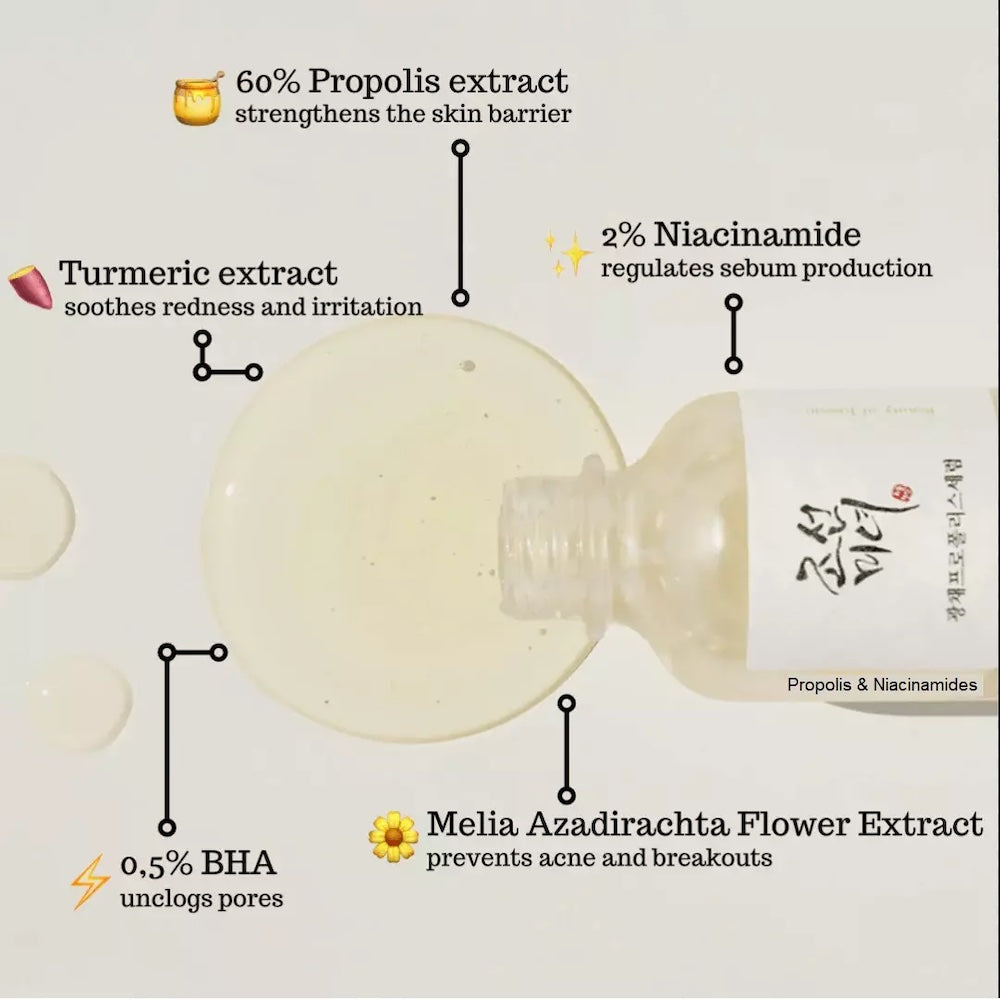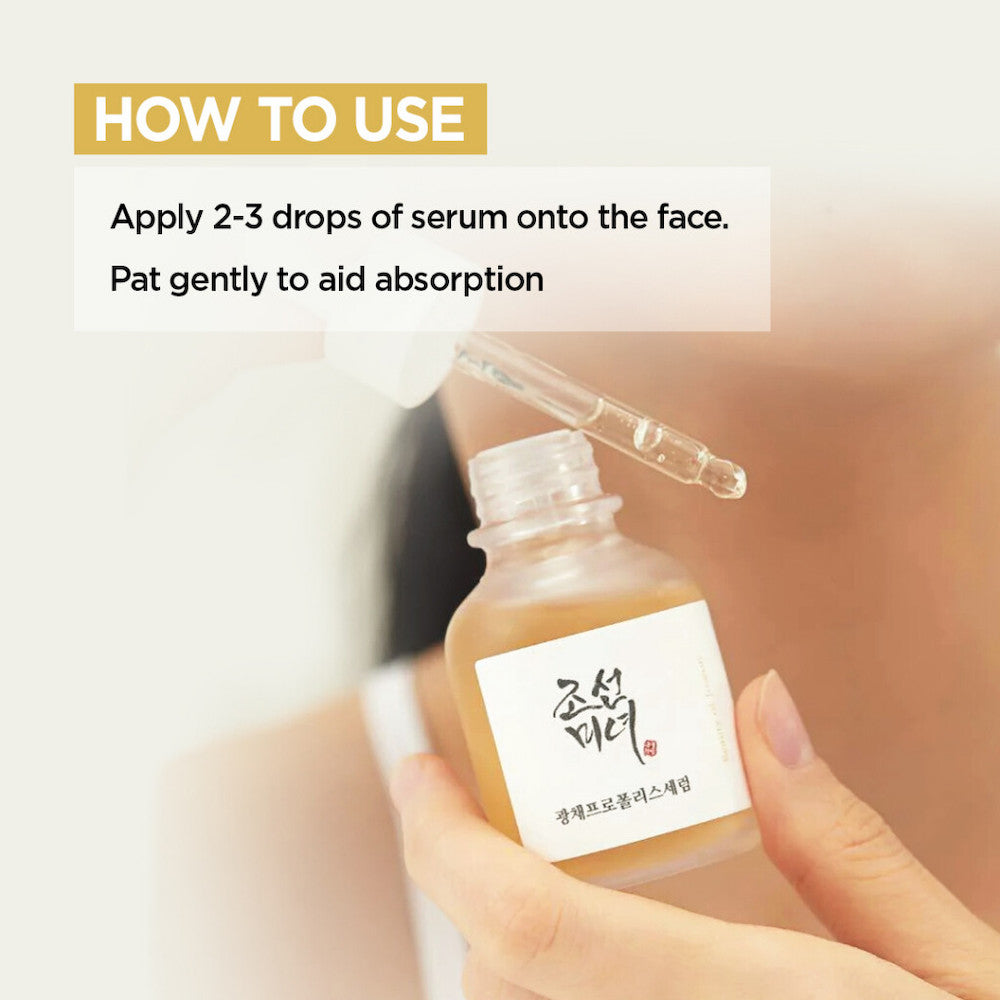What is a Serum and Its Benefits for the Skin
A serum is a lightweight, fast-absorbing liquid that you apply to your skin after cleansing but before moisturizing. Serums are packed with active ingredients that target specific skin concerns like acne, aging, or hydration. They penetrate deeper into the skin to deliver these benefits more effectively.
Overview of Oily Skin and Common Issues
Oily skin produces excess sebum, which can make the face look shiny and feel greasy. Common issues for people with oily skin include enlarged pores, frequent breakouts, and blackheads. This skin type can also make makeup wear off more quickly.
The Importance of Using a Serum Specifically Formulated for Oily Skin
Using a serum made for oily skin is crucial. These serums are usually oil-free and contain ingredients like salicylic acid or niacinamide to control oil production and prevent breakouts. They help balance the skin without adding extra grease, ensuring your skin stays clear and healthy.
Benefits of Using Serum for Oily Skin
-
Lightweight and Non-Greasy:
-
Serums designed for oily skin have a light, non-greasy formula.
-
They absorb quickly without clogging pores or leaving a heavy feel.
-
Reduces Shine:
-
These serums help balance your skin's natural oil production.
-
Regular use can reduce unwanted shine, giving a matte finish.
-
Breakout Control:
-
Key ingredients like salicylic acid and niacinamide target acne.
-
Salicylic acid unclogs pores while niacinamide reduces inflammation.
-
Hydration without Oiliness:
-
Provides essential hydration without adding oil to the skin.
-
Keeps skin moist and healthy without increasing greasiness.
Using a specially formulated serum can significantly improve the health and appearance of oily skin, making it an essential step in your skincare routine.
How to Choose the Right Serum for Oily Skin
-
Opt for Oil-Free or Non-Comedogenic Formulas:
-
Choose serums labeled as oil-free or non-comedogenic. These products are specially formulated to not clog pores, which is crucial for preventing acne in oily skin.
-
Seek Beneficial Ingredients:
-
Look for serums containing hyaluronic acid, which hydrates the skin without adding oil. Niacinamide is another great ingredient that helps control oil production and improves skin texture.
-
Avoid Heavy Oils and Fragrances:
-
Steer clear of serums that contain heavy oils or strong fragrances. These can make oiliness worse and potentially irritate the skin, leading to breakouts and discomfort.
Selecting the right serum involves careful consideration of its ingredients and formulation to ensure it addresses the specific needs of oily skin without causing additional issues.
Tips for Using Serum for Oily Skin
-
Apply a Small Amount:
-
Start by applying a small amount of serum to clean, dry skin. A few drops are usually enough as serums are highly concentrated.
-
Use Twice Daily:
-
For the best results, use the serum both in the morning and at night. This ensures continuous treatment and support for your skin throughout the day and night.
-
Follow with a Moisturizer:
-
After applying the serum, follow up with a lightweight, oil-free moisturizer. This helps to lock in the benefits of the serum and keeps your skin hydrated without adding extra oil.
Using these tips can help you maximize the effectiveness of your serum, ensuring your oily skin remains balanced, clear, and healthy.
Common Mistakes to Avoid
-
Apply a Small Amount:
-
Start by applying a small amount of serum to clean, dry skin. A few drops are usually enough as serums are highly concentrated.
-
Use Twice Daily:
-
For the best results, use the serum both in the morning and at night. This ensures continuous treatment and support for your skin throughout the day and night.
-
Follow with a Moisturizer:
-
After applying the serum, follow up with a lightweight, oil-free moisturizer. This helps to lock in the benefits of the serum and keeps your skin hydrated without adding extra oil.
Using these tips can help you maximize the effectiveness of your serum, ensuring your oily skin remains balanced, clear, and healthy.
Incorporating Serum into Your Skincare Routine
-
Start Gradually:
-
Begin by introducing the serum into your skincare routine a few times a week. This allows your skin to adjust to the new product without overwhelming it.
-
Adjust Based on Skin's Response:
-
Monitor how your skin reacts to the serum. If your skin responds well and you don't notice any irritation, gradually increase the frequency of use. Eventually, you can use it daily as part of your morning and evening routines.
-
Layer Serums for Additional Benefits:
-
Consider using different serums with various benefits. For instance, you might use a hydrating serum in the morning to keep your skin moisturized throughout the day and a brightening serum at night to work on skin tone while you sleep. Make sure to apply them in thin layers, allowing each to absorb before applying the next.
By carefully introducing and adjusting the use of serums in your skincare routine, you can enhance their effectiveness and enjoy multiple benefits tailored to your skin's needs.






















